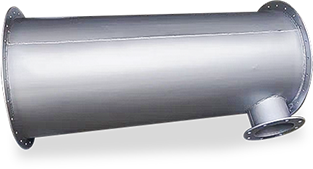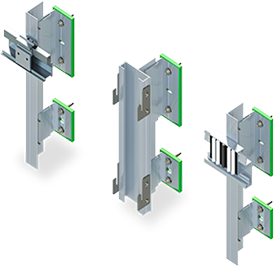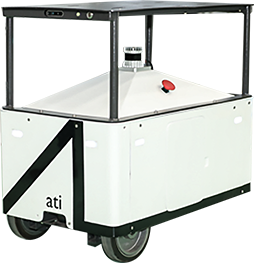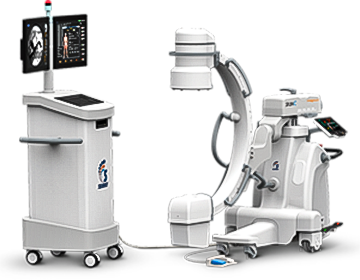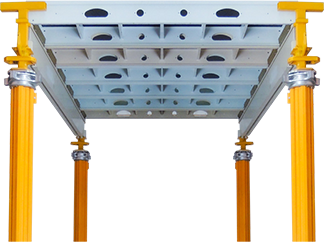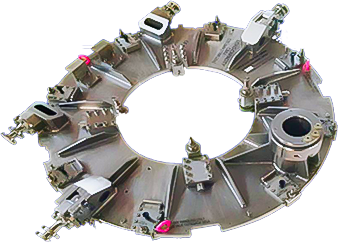Forging Molybdenum
Material Description
Molybdenum is a crucial material in the field of forging, thanks to its exceptional material properties that make it highly sought after for a wide range of applications. This refractory metal is known for its impressive heat resistance and strength, both of which are essential attributes in the forging industry. Molybdenum exhibits a high melting point of approximately 2,623 degrees Celsius (4,753 degrees Fahrenheit), which allows it to withstand extreme temperatures often involved in the forging process. This exceptional heat resistance ensures that molybdenum does not deform or degrade when exposed to the intense heat used to shape and mold various metals. This quality is particularly vital in applications such as open-die forging, where the metal to be forged is heated to high temperatures and subjected to tremendous mechanical forces.
Furthermore, molybdenum’s superior strength and high tensile and yield strength enable it to endure the intense pressure and mechanical stresses involved in forging. Its remarkable toughness and resistance to deformation ensure that it maintains its structural integrity under the high loads and strains associated with forging operations. This means that molybdenum tools and dies can be relied upon to maintain their shape and effectiveness over extended periods, reducing the need for frequent replacements and contributing to cost savings in the forging industry. In summary, molybdenum’s exceptional heat resistance and robust mechanical properties make it an ideal material for a wide range of forging applications, guaranteeing the durability and efficiency of tools and dies used in this critical manufacturing process.
Industry Applications
Employed in high-temperature applications across defense, solar, medical, EVs, drones, aerospace, and general engineering.
Finishing Options
Chemical Passivation, Polishing, PVD Coatings
| Density | Tensile Yield Strength (MPa) | Fatigue Strength (MPa) | Hardness (Brinell) | Thermal Conductivity (W/m-K) | Coeff. of Thermal Expansion (mm/mdeg) | Electrical Resistivity (micro Ohm-cm) |
|---|---|---|---|---|---|---|
| 10.28 | 580-860 | 580 | 200 | 142 | 4.8 | 5.18 x 10^-7 |
Design Recommendation
Designing components for molybdenum forging should prioritize simple, uniform shapes and smooth transitions to minimize material waste. Incorporate fillets and rounded edges to reduce stress concentrations and the risk of cracking. Select the appropriate molybdenum alloy for the application’s requirements to optimize cost-effectiveness. Avoid complex designs that may necessitate extensive machining or additional processing steps, which can increase production costs.
Cost Saving Tip
For cost-effective molybdenum forging, select the appropriate molybdenum alloy for the application to avoid over-specification. Efficiently control heating and cooling processes to minimize energy consumption. Collaborate with suppliers for volume discounts on molybdenum to reduce material costs. Implement strict quality control measures to reduce rework and scrap expenses, ultimately improving cost-effectiveness.
